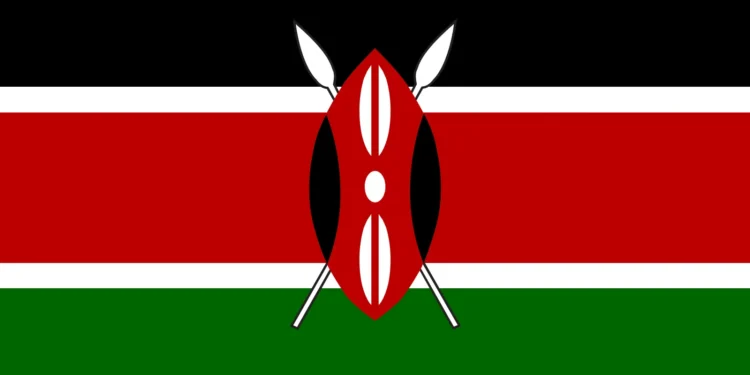On Wednesday, June 26th, activists in Kenya called for renewed protests following a deadly police crackdown on demonstrators opposing a controversial finance bill. President William Ruto announced he would withdraw the bill, which proposed significant tax hikes, after widespread protests erupted into violence, resulting in dozens of deaths and many more injuries.
The unrest began last week with largely peaceful demonstrations against the proposed tax increases on essential items such as bread and diapers. However, tensions escalated when the Parliament of Kenya passed the bill, leading to violent clashes between police and protesters. Police used tear gas, water cannons, and rubber bullets, with reports of live ammunition being fired as well. Protesters stormed and set fire to the Parliament building, prompting Ruto to deploy the military.
In a televised address, Ruto stated, “I concede and therefore I will not sign the 2024 finance bill, and it shall subsequently be withdrawn. The people have spoken.” He announced plans to start a dialogue with young Kenyans and implement austerity measures, including cuts to the presidency’s budget, to address the nation’s financial issues.
Despite Ruto’s announcement, skepticism remains high among protest organizers and the public. Many activists plan to continue demonstrations, with Hanifa Adan, a prominent youth leader, urging supporters to march peacefully in memory of those killed. “You cannot kill all of us. Tomorrow we march peacefully again as we wear white, for all our fallen people,” Adan posted on social media.
The Kenya National Commission on Human Rights reported at least 22 deaths, with the Kenyatta National Hospital treating 160 people for injuries, including bullet wounds. There were also unconfirmed reports of additional deaths in the suburb of Githurai.
Looting and arson were reported in Nairobi and other regions, including the Rift Valley town of Eldoret, a stronghold of Ruto. The violent crackdown and subsequent unrest have highlighted the deep mistrust between the government and the public, with calls for accountability and a transparent inquiry into the deaths and injuries caused by the police response.
Stella Agara, a tax reform campaigner, described Ruto’s decision to withdraw the bill as “an extreme relief,” noting that it opens the door for negotiations. However, she emphasized the need for a complete departure from the controversial bill and a more inclusive approach to developing future finance policies.
As Kenya navigates this political crisis, the government’s response to the protests and its efforts to rebuild trust with the public will be crucial in determining the country’s path forward.










